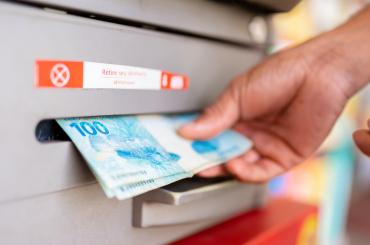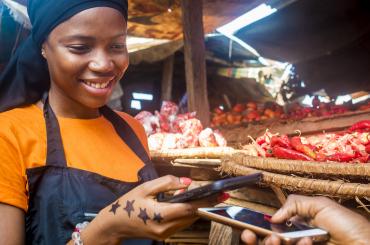
financial inclusion
-

Mobile Money: Issue 2
-

Mobile money markets and financial inclusion in Africa
How did adopting platform "interoperability" - a policy that promotes transactions and competition across operators - impact mobile money users in Africa?
-

The impact of mobile money on poor rural households: Evidence from Uganda
Mobile money agents need additional support to transform lives in poor rural areas
-

Designing financial services and social protection programmes to enhance women’s economic empowerment
Financial inclusion programmes must be designed to ensure that women can act with financial independence
-

The impact of digital credit in low-income countries
Digital credit does not appear to systematically improve lives, while the lack of transparency raises serious concerns about predatory lending
-

Impact of access to banks on development: Evidence from Brazil
A financial development programme showed strong positive effects from expanding financial access to underbanked cities
-

Learning to navigate a new financial technology: Evidence from Bangladesh
How do consumers learn to navigate a new financial technology? An experiment with workers from Bangladesh suggests that experience makes a difference
-

Is mobile money changing the rural landscape? Evidence from Mozambique
The introduction of mobile money promoted migration out of rural areas by easing long-distance transfers and increasing resilience
-

Learning-by-doing: Navigating financial technologies among Bangladeshi factory workers
How automatic payments can help individuals save more and better protect themselves against consumer risks